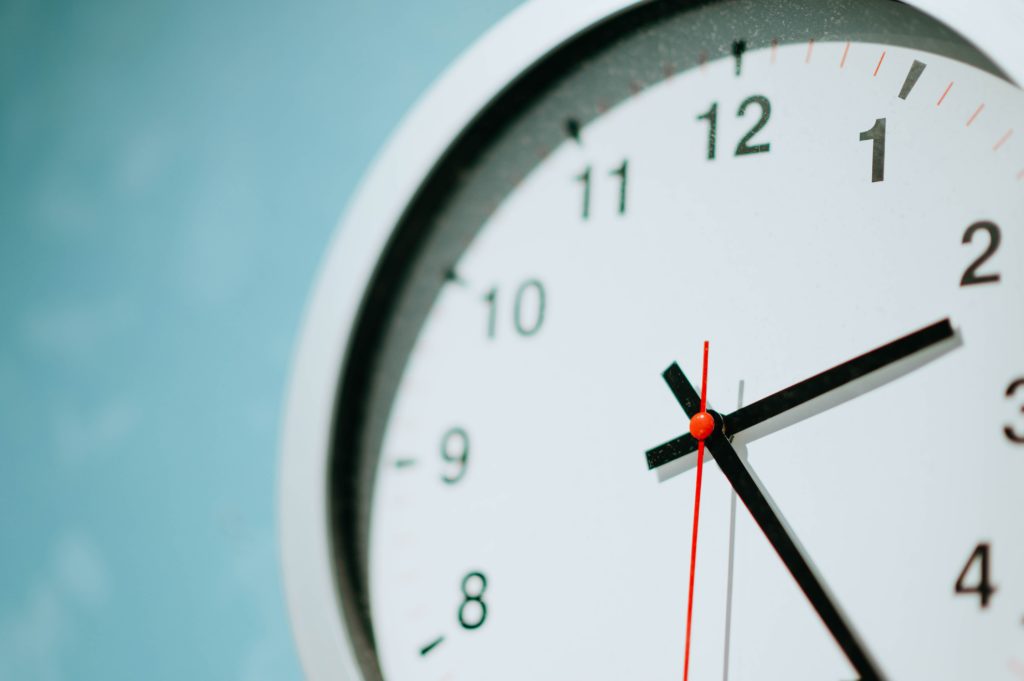City schools test later start times. Pols want to know what they’ve learned

Public schools across the city of Seattle recently found that delaying school start times led to better grades, fewer latenesses and — simply put — more sleep for students.
Now, a group of New York City lawmakers is asking that the Department of Education emulate the idea, which they claim the city agency has already tested through a tight-lipped pilot program.
Councilmember Mark Treyger, who chairs the council’s Education Committee and is the lead sponsor of a bill that would reveal the pilot’s findings, told the Brooklyn Eagle that — although most city schools start their day after 8 a.m. — more than 50 middle and high schools across the city currently start classes even earlier.

Brooklyn Boro
View MoreNew York City’s most populous borough, Brooklyn, is home to nearly 2.6 million residents. If Brooklyn were an independent city it would be the fourth largest city in the United States. While Brooklyn has become the epitome of ‘cool and hip’ in recent years, for those that were born here, raised families here and improved communities over the years, Brooklyn has never been ‘uncool’.